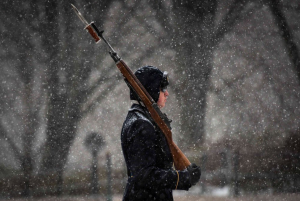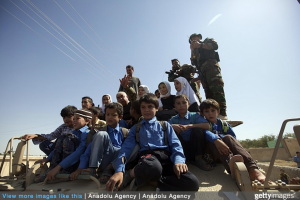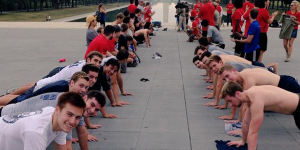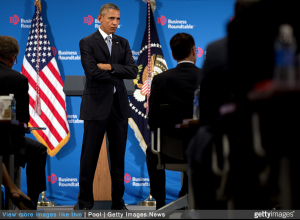The following is a special Memorial Day guest post from our friend, Douglas E. Baker:
*
Ten rocks rest on the top of Corporal Benjamin Stephen Kopp’s headstone in Arlington National Cemetery. On an early Spring afternoon, three Army Rangers stand near his grave in their dress uniform discussing the life of this young man who died of wounds suffered in Afghanistan. Stories of the fallen quickly spread through Ranger ranks, and they heard about Ben’s life and heroic death on his first tour of duty in Afghanistan after serving two tours in Iraq.
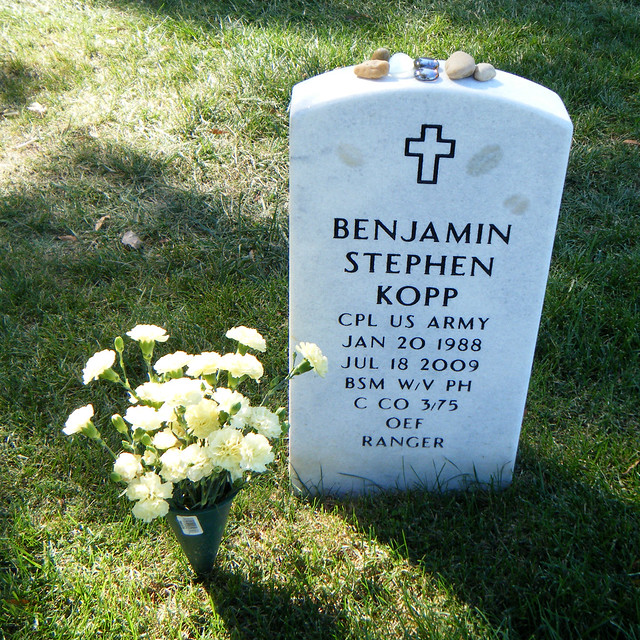 While attending the funeral of another fallen Ranger, they walked by Ben’s grave to remember and ponder how the only child from a broken home in Minnesota could rise to such heroic heights only to find his end among the thousands of others who rest in the cemetery’s hallowed grounds. They lamented that so few know the stories of men, like Ben Kopp, who gave their lives in service to their nation.
While attending the funeral of another fallen Ranger, they walked by Ben’s grave to remember and ponder how the only child from a broken home in Minnesota could rise to such heroic heights only to find his end among the thousands of others who rest in the cemetery’s hallowed grounds. They lamented that so few know the stories of men, like Ben Kopp, who gave their lives in service to their nation.
These three Rangers spoke of a growing dichotomy between members of the American citizenry: those who have worn the uniform and those who have not. Speaking off the record, these young men tell of a creeping disrespect born of total ignorance of what actually happens in a theater of battle. Proportionate to the United States population, so few young Americans have seen what they have seen. At only 21 years old, these three soldiers have watched friends bleeding from the mouth as their lives drained away in bitter drops. They have held the hand of friends who seconds earlier had been running down a hill only to be shot at close range and die far from home in a place where the heat and the smell of the air would make most Americans their age nauseous.
There are thousands of stories of military heroes who anonymously serve in the shadows of the American consciousness. And these are the very men that Marcus Luttrell seeks to bring into the light. His newest book, Service: A Naval Seal at War, picks up where his first book left off. Lone Survivor told of his near-death experience with the Taliban, and serves as the written account and memorial of the lives of Danny Deitz, Michael Murphy, and Matthew Axelson. The story of Murphy’s Ridge will stand for generations because of Luttrell, whose writing reveals the horrors of war and the deep grief of saying goodbye to his brothers who died heroically at his side.
Men who serve in combat seldom get over it. The trauma of observing a violent death changes the way the mind and the body coordinate. Sleep is often elusive, and the mental snapshots seldom fade even years after the gunfire grows silent. Luttrell is no exception. The growing chasm between warriors and civilians was personally evidenced by Luttrell after his service abroad when his four-year-old yellow Labrador, DASY, was brutally beaten and murdered by young men a decade younger and a world away from him.
His recent interview with Matt Lauer on the release of the book reveals a man – now a husband and father – who still holds little patience for those who attempt either to avoid the reality of war altogether or to sensationalize the tactics of covert communities who operate under a cloak of secrecy. He desires to tell the stories of men and women who daily live in areas of the world where they die alone — never to be remembered by the people they serve unto death.
War is the most striking reminder of sin known to man. Just war theory and the elaborate philosophical and theological apparatus surrounding armed conflict between nations matter little to the mother who sits before a flag-draped casket containing the body of an only son felled by an enemy’s bullet. Wives wail when they say good-bye to their husbands. Children come to Arlington Cemetery to view the only visible reminder that they had a father or brother or sister who never came home.
Three years passed since Ben Kopp graduated from Rosemount High School near Minneapolis, MN and the day he died at Walter Reed Medical Center. A picture of him clad in combat attire is affixed to the back of his headstone where a text from Holy Scripture appears: “Greater love hath no man than this, than a man lay down his life for his friends, John 15:13.”
Theologically, heroism of the sort that Kopp’s life portrays and Luttrell’s writing conveys is but a reminder of another life of one man who experienced violent persecution and death of the sort that few human beings ever encounter. In that death, however, a great transaction took place that would one day render the graves of those like Benjamin Kopp obsolete. For Kopp had confessed that the resurrection of Jesus Christ from the dead would one day make death powerless to swallow up his life in a grave. Until that moment when the final tear falls, stories like that of Benjamin Stephen Kopp remind us that another war has already been fought and won, and when the full scope of that victory is finally realized then no war shall ever be fought again.


